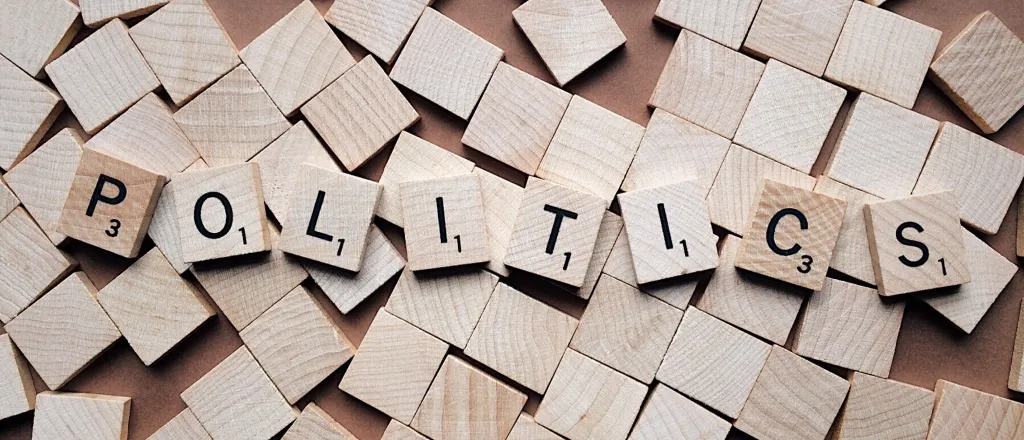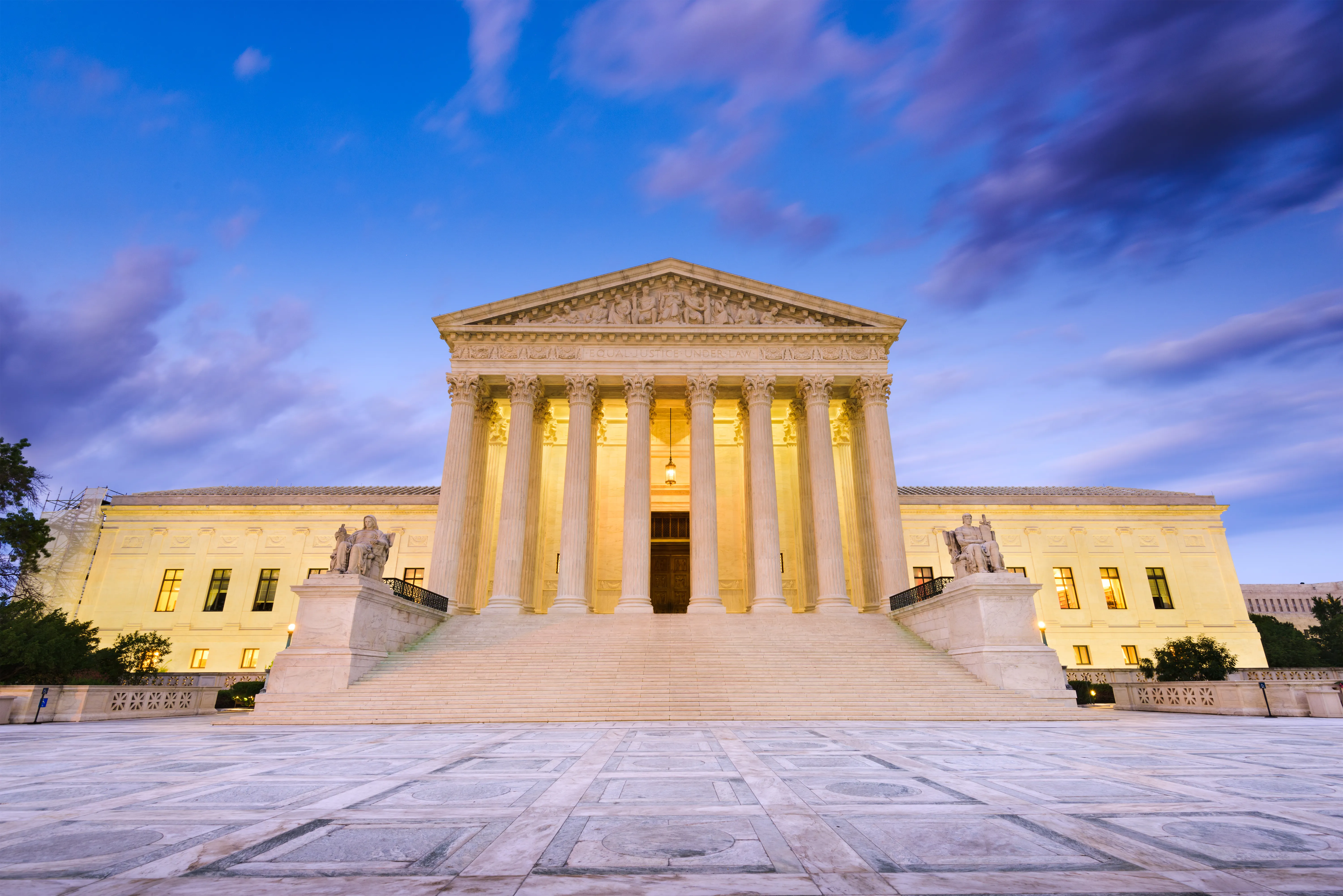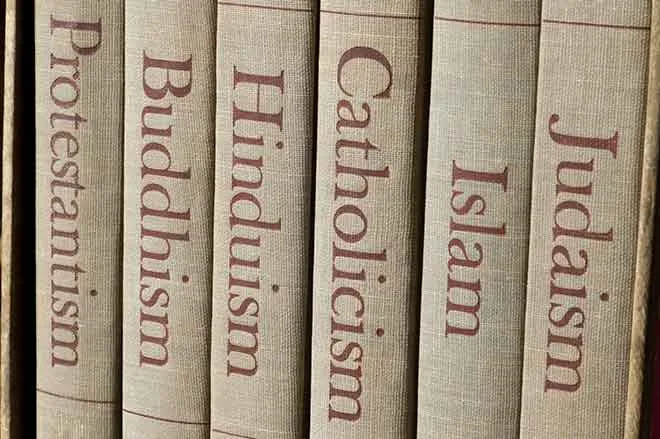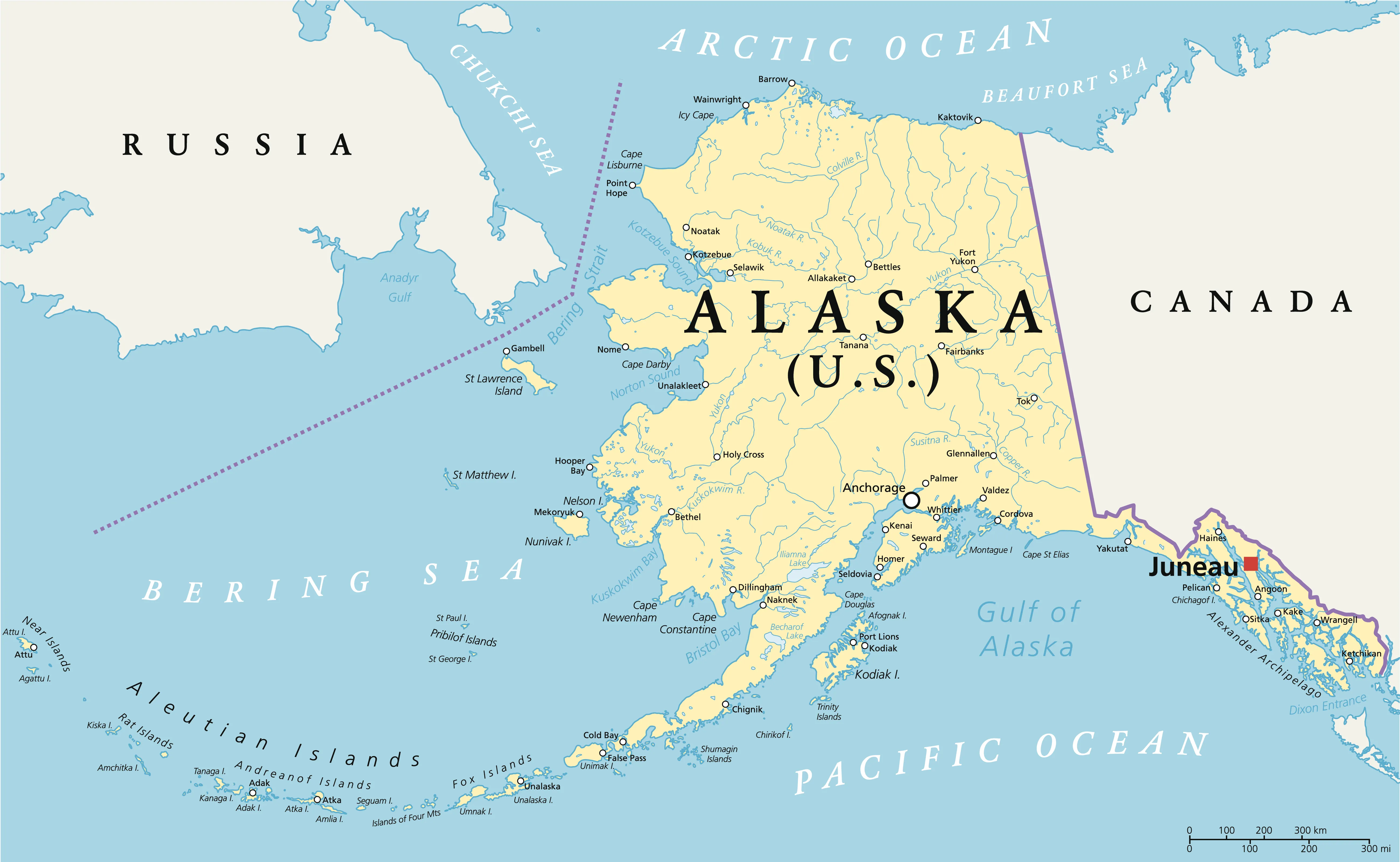
Politics: 2024Talks - June 6, 2024
Politics and views in the United States.
Former President Trump says his political rivals could face prosecution, Senate leaders say the U.S. is highly vulnerable to foreign election disinformation, and Arizona voters will decide whether local police can arrest undocumented migrants.
TRANSCRIPT
Welcome to 2024 Talks, where we're following our democracy in historic times.
It's a terrible, terrible path that they're leading us to, and it's very possible that it's going to have to happen to them.
Former President Donald Trump says his political rivals could face prosecution as payback for his recent felony conviction.
He says only his self-restraint kept opponent Hillary Clinton out of prison, but if elected, he'd send a special prosecutor after President Joe Biden.
In spite of comparisons with authoritarian regimes, House Speaker Mike Johnson says he'll use congressional oversight to target legal actions against Trump.
With just five months until the election, Senate leaders say the U.S. may be more vulnerable to foreign election disinformation than it was in 2020.
Virginia Senator Mark Warner says artificial intelligence, oversight failures by tech firms, and Americans' willingness to fall for conspiracy theories are a bad combination.
We got enough disagreement between Americans.
The last thing we need is a foreign government trying to exacerbate that.
Last year, YouTube, which is owned by Google, reversed its policy banning videos which argue the 2020 election was a fraud.
The Arizona legislature has given final approval to a ballot measure asking voters to make it a crime for non-citizens to enter the state illegally through Mexico.
Republican State Representative Barbara Parker says it's about security.
This is not about a race or any race.
This is about crime.
The crime of crossing an international border when you are not allowed to do so.
The measure would let state and local police arrest those suspected of crossing the border illegally and give state judges the power to deport them.
Opponents say it could lead to racial profiling.
Common Cause Indiana says a new state voting law creates barriers for marginalized groups who want to use absentee ballots.
Executive Director Julia Vaughn says public records requests reveal hundreds of applications in just two counties have already been rejected.
This was the new law that requires people who are registering to vote by mail to include their voter ID number.
The problem is your voter ID number could be one of three different numbers.
A new poll finds young rural voters remain the most uncommitted and least contacted by political operations.
Emma Frederick, an organizer with Leaders Igniting Transformation, says rural college students in particular feel overlooked.
They note that this is the first time that anyone's talked to them about voting.
And while their parents might want to help or their parents don't know themselves, this is a new experience for them.
Frederick says a top issue for young rural voters is the lack of funding for their hometown school districts and a decline in advanced high school classes.
Health care, reproductive rights, and climate issues are also top concerns.
I'm Katherine Carley for Pacifica Network and Public News Service.
Find our trust indicators at publicnewsservice.org.

















